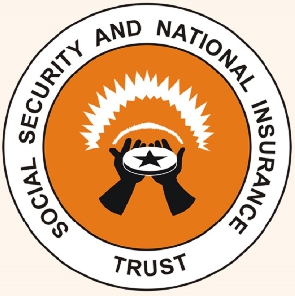Health News of Saturday, 10 September 2011
Source: GNA
ISODEC, GES organise reproductive health programme for girls
Bolgatanga, Sept. 10, GNA - The Integrated Social Development Centre (ISODEC) in collaboration with the Ghana Education Service (GES), have organised sexual reproductive health programme for girls in basic schools in the Upper East Region.
The programme was aimed at educating adolescent and teenage girls on how to manage their reproductive health, especially during their menstrual periods.
Thirty-five (35) girls were drawn from the Bongo, Garu-Tempane, and Bolgatanga Districts of the Upper East Region to attend the two-day programme. Topics taught included 93Women's life and Leadership Skills and Vision."
Speaking to the Ghana News Agency in an interview on Friday, Mrs Rose Avonsige, Girl Child Officer of Bolgatanga Municipal, said some girls as a result of their menstrual periods could not attend school regularly because they did not know how to manage the situation when in school.
This, she noted, affected their academic performance and that informed her outfit and ISODEC to organise the reproductive programme with specific emphasis on how to manage menstrual periods and avoid pregnancy.
She entreated the girls to see menstruation as normal and to report to their female teachers and mothers at their first experience for advice on how to manage it instead of staying away from school. Mrs Avonsige warned the girls that they could get pregnant without seeing their first menses and cautioned them to be wary of their menstrual cycles.
Mrs Francisca Atare, Municipal Director of the Ghana Education Service (GES), who took the participants on the topic:
"Differentiating the Concept and Reality of Leadership and Vision", encouraged the participants to be assertive and bold in their everyday endeavour, especially in their classrooms, stressing that it was only through that that they could be empowered to take leadership roles.
She called on them to always take leadership roles in their communities as that could empower them to spearhead community development.










